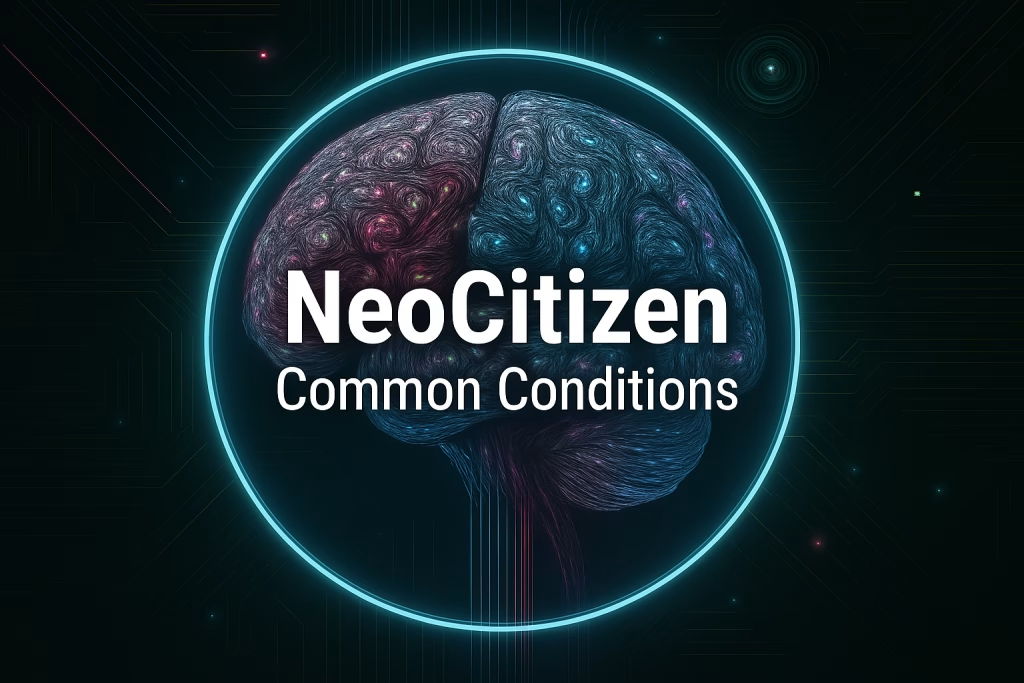
Attention-Deficit/Hyperactivity Disorder (ADHD) is one of the most common neurodevelopmental disorders, typically diagnosed in childhood but often lasting into adulthood. If you or a loved one has ADHD, you’re not alone. With the right information and support, managing ADHD is not only possible—it can be empowering.
What is ADHD?
ADHD affects a person’s ability to focus, control impulses, and manage energy levels. It can impact school, work, relationships, and everyday tasks. There are three types of ADHD:
- Inattentive Type (formerly called ADD): Individuals often struggle to stay focused, follow instructions, and organize tasks. This type may go unnoticed as it doesn’t always involve disruptive behavior.
- Hyperactive-Impulsive Type: Individuals may appear to be in constant motion, interrupt frequently, and act without thinking. This type is often identified earlier due to its noticeable behavior.
- Combined Type: A mixture of inattentive and hyperactive-impulsive symptoms, this is the most common form of ADHD.
Understanding the type of ADHD is crucial for determining the best approach to management and treatment.
Common Symptoms of ADHD
Symptoms can vary widely from person to person and may evolve over time. Below are some hallmark signs:
Inattentive Symptoms:
- Difficulty sustaining attention during tasks or play
- Frequent careless mistakes in schoolwork or work activities
- Appears not to listen when spoken to directly
- Avoids or is reluctant to engage in tasks that require sustained mental effort
- Often forgetful in daily activities (e.g., chores, errands)
Hyperactive-Impulsive Symptoms:
- Fidgeting with hands or feet, tapping, or squirming in seat
- Inability to remain seated in appropriate situations
- Running or climbing in inappropriate situations (in adults, may appear as restlessness)
- Talking excessively or blurting out answers
- Difficulty waiting for their turn or interrupting others during conversations or games
These symptoms must be persistent, present in multiple settings (home, school, work), and interfere with functioning or development to meet the criteria for diagnosis.
Causes and Risk Factors
Although the exact cause of ADHD is unknown, researchers believe it results from a mix of genetic, biological, and environmental factors:
- Genetics: Studies show that ADHD tends to run in families. Children with a parent or sibling with ADHD are more likely to have it themselves.
- Brain Structure and Function: Brain imaging studies reveal differences in brain development and activity in people with ADHD, particularly in areas responsible for attention and impulse control.
- Prenatal Risks: Exposure to tobacco smoke, alcohol, or drugs during pregnancy can increase the risk. Premature birth or low birth weight may also be contributing factors.
- Environmental Factors: Early exposure to environmental toxins like lead, especially at young ages, may influence the development of ADHD.
Learn more from the CDC on ADHD
Diagnosis of ADHD
Diagnosing ADHD is a multi-step process that requires comprehensive evaluation by a healthcare provider:
- Behavioral Questionnaires: Used to gather input from multiple sources such as parents, teachers, and the patient.
- Clinical Interviews: Professionals assess patterns of behavior over time and in different environments.
- Medical Exams: Used to rule out other physical causes for the symptoms (e.g., hearing problems, sleep disorders).
- Comorbidity Evaluation: ADHD often coexists with other conditions like anxiety, depression, or learning disabilities, which should be assessed for a full diagnosis.
Early and accurate diagnosis is key to successful management.
Effective Treatment Options
There’s no one-size-fits-all treatment for ADHD, but many proven options exist. Treatment plans are often multi-modal, combining different approaches.
1. Medication
Medications are often the first line of treatment and can help regulate brain chemicals linked to attention and behavior.
- Stimulants: These are the most commonly prescribed and include methylphenidate (Ritalin, Concerta) and amphetamines (Adderall, Vyvanse). They work by boosting dopamine and norepinephrine levels in the brain.
- Non-stimulants: Used when stimulants are ineffective or cause side effects. These include atomoxetine (Strattera), guanfacine (Intuniv), and clonidine (Kapvay).
2. Therapy and Counseling
Psychological support can help individuals with ADHD develop coping skills and address emotional challenges.
- Cognitive Behavioral Therapy (CBT): Focuses on changing negative thought patterns and behaviors.
- Behavioral Therapy: Reinforces desired behaviors through rewards and consequences.
- Family and Parent Training: Equips caregivers with strategies to manage behavior and support their child.
3. Lifestyle and Natural Approaches
Lifestyle choices can significantly impact ADHD symptoms:
- Exercise: Regular physical activity increases dopamine and helps reduce anxiety.
- Nutrition: Balanced meals with high-protein and low-sugar content can stabilize energy levels.
- Routine: Consistent daily schedules reduce stress and promote productivity.
- Sleep Hygiene: Establishing regular sleep routines can improve focus and mood.
4. Educational Support
Children with ADHD often benefit from school-based accommodations:
- IEPs (Individualized Education Programs): Tailored learning plans that accommodate a student’s unique needs.
- 504 Plans: Provide classroom accommodations like extra time on tests or breaks during lessons.
- Tutoring and Study Skills Support: Helps reinforce organizational and academic strategies.
Visit CHADD.org for more ADHD support resources.
Living Confidently With ADHD
Living with ADHD requires resilience, support, and practical strategies. Here are actionable tips to build confidence and success:
- Use Planners and Apps: Tools like digital calendars, task managers, and alarms can help track tasks and deadlines.
- Set Clear Goals: Break down larger goals into manageable, time-bound steps.
- Establish Routines: Daily structure minimizes distractions and builds momentum.
- Reward Progress: Celebrate small achievements to boost motivation.
- Practice Mindfulness: Deep breathing, meditation, or yoga can enhance focus and reduce stress.
- Connect with Others: Join ADHD support groups or online forums to share experiences and gain encouragement.
Final Thoughts
ADHD can be challenging, but with the right knowledge, treatment, and lifestyle adjustments, it’s possible to thrive. Don’t hesitate to seek professional guidance, explore multiple treatment options, and embrace your strengths.
Stay informed, stay empowered.
Helpful Hashtags for Sharing:
#ADHD #ADHDAwareness #MentalHealthMatters #HealthBlog #Neurodiversity #ParentingTips #ADHDTreatment #MindfulLiving #HealthyHabits #FocusTips
Want to learn more or share your story? Visit ADHD Adults Support for forums, tools, and tips to navigate your ADHD journey.
This article is for informational purposes only and not a substitute for professional medical advice.














